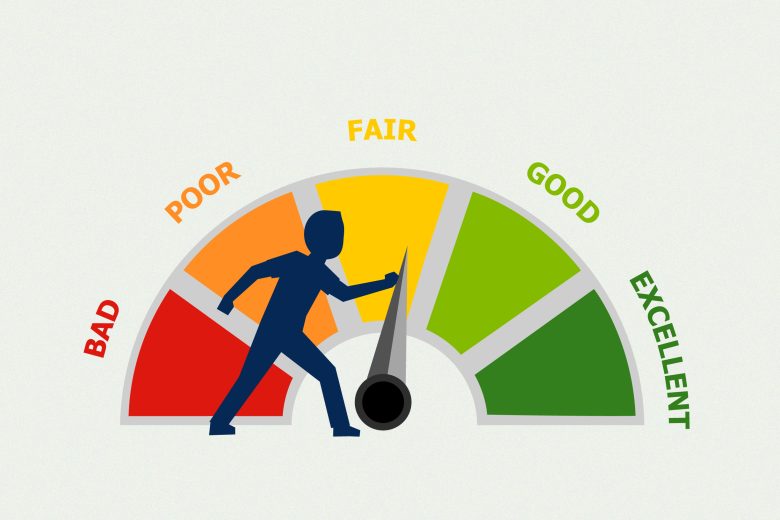If your credit score is lower than you’d like, there are several strategies you can implement to quickly improve it. According to Rod Griffin, a senior director of public education and advocacy for credit bureau Experian, individuals with lower credit scores have a greater potential for significant score increases. Here are some effective tips for improving your credit score:
Key Takeaways:
- Pay your bills on time to establish a positive payment history.
- Reduce your credit card balances to lower your credit utilization ratio.
- Check your credit report regularly for errors and dispute any inaccuracies.
- Avoid applying for multiple credit accounts in a short period.
- Consider using credit monitoring services to stay updated on changes in your credit profile.
By taking these steps to improve your credit score, you can pave the way for better financial opportunities and lower borrowing costs in the future. Remember to be patient and consistent in your efforts, as building and maintaining good credit is a long-term process.
Tips for Building and Maintaining Good Credit
To build and maintain good credit, it’s important to follow certain practices consistently. By implementing the right strategies, you can enhance your credit score and improve your overall creditworthiness. Here are some credit score boosting techniques to help you raise your credit score fast:
1. Pay Your Bills on Time
One of the most effective ways to improve your credit score is to consistently pay your bills on time. Late payments can significantly impact your creditworthiness, so make sure to set up payment reminders or automatic payments to avoid missing due dates.
2. Reduce Credit Card Balances
High credit card balances can negatively impact your credit utilization ratio, which is the amount of credit you’re using compared to your total credit limit. Aim to keep your credit utilization below 30% to improve your credit score. Consider paying down your balances or applying for a credit limit increase to help lower your utilization ratio.
3. Dispute Errors on Your Credit Report
Regularly reviewing your credit report is essential to identify any errors or inaccuracies. If you spot any discrepancies, such as incorrect personal information, unauthorized accounts, or inaccurately reported late payments, file a dispute with the credit bureaus to have them corrected.
4. Diversify Your Credit Mix
Having a diverse credit mix can showcase your ability to manage different types of credit responsibly. Consider adding different types of credit accounts to your portfolio, such as a mortgage, auto loan, or a secured credit card, to demonstrate your creditworthiness.
5. Keep Old Accounts Open
Length of credit history is an important factor in determining your credit score. Avoid closing old credit card accounts, especially if they have a long positive payment history. Keeping these accounts open can help improve your creditworthiness by showing a longer credit history.
| Boosting Technique | Impact on Credit Score |
|---|---|
| Paying bills on time | Positive |
| Reducing credit card balances | Positive |
| Disputing errors on credit report | Positive |
| Diversifying credit mix | Positive |
| Keeping old accounts open | Positive |
By implementing these credit score enhancement strategies, you can improve your creditworthiness and raise your credit score fast. Remember to monitor your credit regularly, and stay proactive in managing your financial health to enjoy better opportunities in the future.
Conclusion
Improving your credit score requires consistent effort and responsible financial habits. By implementing the following steps, you can take control of your credit score and work towards a better credit rating.
First, focus on paying down your credit card balances. High credit card utilization can negatively impact your credit score, so it’s essential to keep your balances as low as possible.
Secondly, regularly monitor your credit report for errors. Dispute any inaccuracies you find with the credit bureaus to ensure the information being reported is correct.
Finally, make it a priority to pay your bills on time. Late payments can significantly lower your credit score, so setting up automatic payments or reminders can help you stay on track.
Remember that building and maintaining good credit is a long-term process. By following these steps and practicing responsible financial management, you can improve your credit score over time and unlock better financial opportunities in the future.



